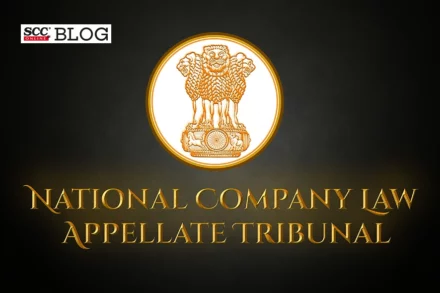
Operational Creditor cannot claim payment equal to Financial Creditor in Insolvency proceeding under IBC: NCLAT
The principle of equality is applicable only in same class of creditors, i.e., secured or unsecured, financial or operational.

The principle of equality is applicable only in same class of creditors, i.e., secured or unsecured, financial or operational.

NCLAT held that the Provident Fund and Gratuity dues of the appellant are to be paid in full.
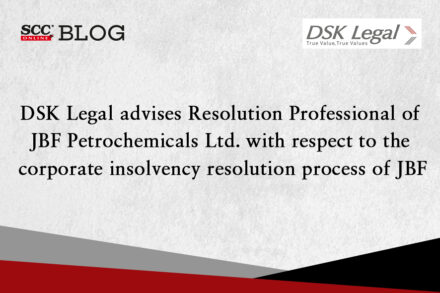
DSK Legal advised and assisted Mr. Sundaresh Bhat, appointed as Resolution Professional JBF Petrochemicals Limited (“JBF”) with respect to the corporate insolvency
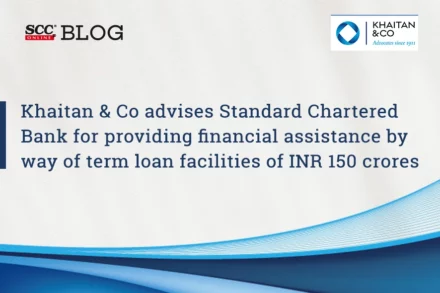
DEAL DETAILS Standard Chartered Bank | Resolution Plan and Acquisition Financing Khaitan & Co advised Standard Chartered Bank for providing financial assistance
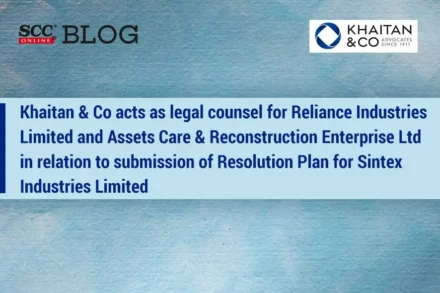
DEAL DETAILS Reliance Industries Limited | Sintex Resolution Plan Khaitan & Co acted as legal counsel for Reliance Industries Limited and Assets
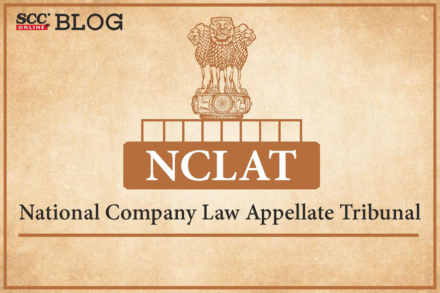
NCLAT held that that the allocation of meagre amount in Resolution Plan to Creditors can be questioned when the plan value earmarked for them is less than the liquidation value but same is not the case in instant matter.

NCLAT observed that allowing present appeal holding the Successful Resolution Applicant ineligible would automatically make the resolution plan redundant.
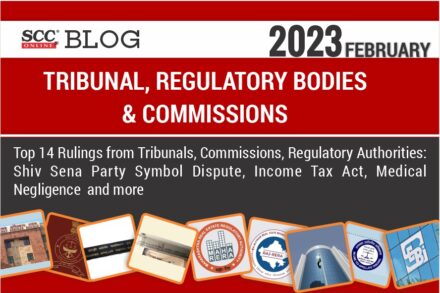
This roundup contains many interesting rulings including the Shiv Sena Party Name and Symbol Dispute, Negligence committed by doctors and Compensation therein, Amendment to Section 178(6) of the Income Tax Act, Initiation of the Corporate Insolvency Resolution Process and more.
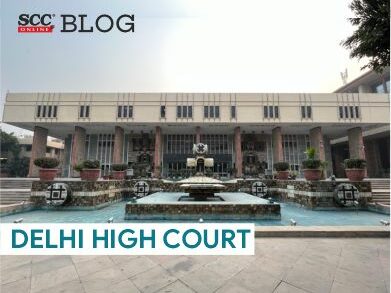
The Delhi High Court held that adjudication of an avoidance application was independent of the resolution of the corporate debtor and could survive Corporate Insolvency Resolution Process (CIRP) and a Resolution Professional would not be functus officio with respect to adjudication of avoidance application.
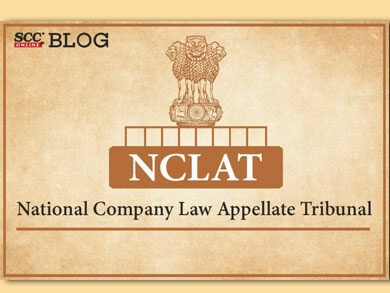
National Company Law Appellate Tribunal observed that once the CoC has decided to vote on the resolution plans after closure of challenge process, the Adjudicating Authority cannot direct the CoC to consider any revised plan submitted thereafter.

NCLAT while deciding the appeal held that the CoC after approving the resolution plan cannot seek direction from Adjudicating Authority to consider the new resolution plan of a third party who was not a part of the CIRP as it would fall outside the timeline and defeat the very scope and objective of the Code.

National Company Law Appellate Tribunal, New Delhi: A bench consisting of Anant Bijay Singh, J., and Shreesha Merla* (Technical Member)

National Company Law Appellate Tribunal | Dismissing the appeals, a bench comprising of Rakesh Kumar Jain*, J. and Kanthi Narahari

National Company Law Appellate Tribunal held that there is no provision in Insolvency Bankruptcy Code, 2016 for alteration or modification in the resolution plan by the Adjudicating Authority
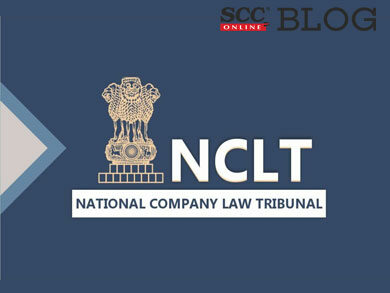
That various stakeholders are to be considered by the Resolution Professional under the relevant provisions of IBC andin accordance with law, and the same should be placed before the CoC for approval. Thus, the resolution plan was sent back for approval by the Committee of Creditors.
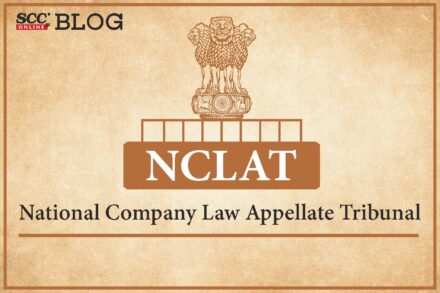
National Company Law Appellate Tribunal, Delhi: In a batch of appeals filed challenging order dated 22-06-2021 passed by the National
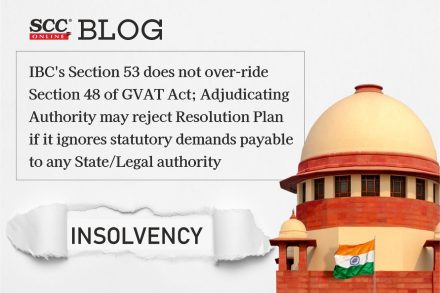
Supreme Court: The bench of Indira Banerjee* and AS Bopanna, JJ has reversed the NCLAT order wherein it was held that the
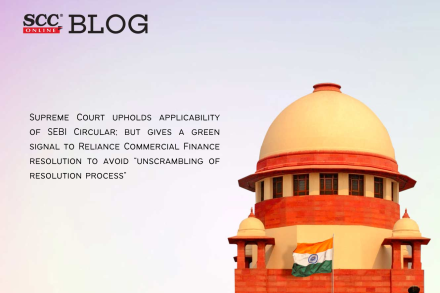
“Such unscrambling of the resolution process will not only prove time-consuming, but may also adversely affect the agreed realized gains to the retail debenture holders, who have already consented to the negotiated settlement before the High Court.”

National Company Law Appellate Tribunal, New Delhi (NCLAT): The Coram of Justice Ashok Bhushan (Chairperson) and Shreesha Merla (Technical Member), held that
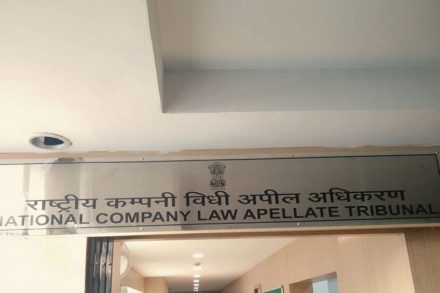
National Company Law Appellate Tribunal (NCLAT): Justice Ashok Bhushan (Chairperson) and Dr Ashok Kumar Mishra (Technical Member) expressed that, once Resolution Plain